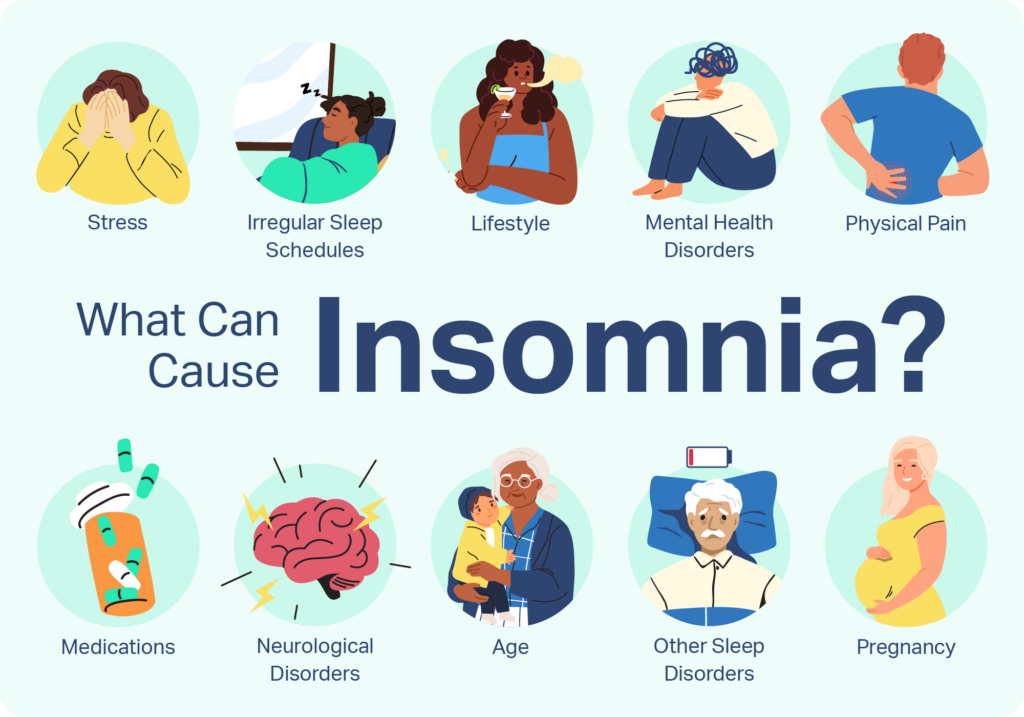Reactive Attachment Disorder (RAD) is a serious condition in which a child doesn’t develop healthy attachments with their caregivers.1 This often results from severe neglect or abuse during early childhood.2 Children with RAD struggle to form healthy emotional bonds and may exhibit a range of behavioral and emotional difficulties.3
Types of Reactive Attachment Disorder
There are two main types of RAD:
- Inhibited Type: Children with this type of RAD are withdrawn and avoidant of social interaction.4 They may seem fearful, anxious, and unresponsive to comfort.5
- Disinhibited Type: Children with this type of RAD are overly friendly and sociable with strangers, often seeking attention and affection indiscriminately.6
Symptoms of RAD
- Difficulty forming attachments: Children with RAD may struggle to form secure attachments with caregivers.7
- Emotional disturbances: They may exhibit excessive anger, sadness, or fear.8
- Behavioral problems: Children with RAD may have difficulty controlling their emotions and may engage in disruptive behaviors.9
- Social difficulties: They may struggle to interact with peers and may be socially withdrawn or overly clingy.10
Causes of RAD
RAD is primarily caused by severe neglect or abuse during early childhood.11 Other factors that may contribute to the development of RAD include:
- Frequent changes in caregivers: Frequent changes in caregivers, such as in foster care, can disrupt attachment formation.12
- Parental mental illness: Parental mental illness can impair a parent’s ability to provide consistent and nurturing care.13
- Substance abuse: Parental substance abuse can negatively impact a child’s development and attachment.14
Treatment of RAD
Treatment for RAD is often complex and may involve a combination of therapies:15
- Psychotherapy: Therapy can help children develop healthy attachment relationships and learn effective coping skills.16
- Medication: In some cases, medication may be used to address specific symptoms, such as anxiety or depression.17
- Family Therapy: Family therapy can help parents and caregivers understand and respond to their child’s needs.18
Early intervention is crucial for children with RAD. With appropriate treatment and support, many children can overcome the challenges associated with this disorder and develop healthy relationships.19



